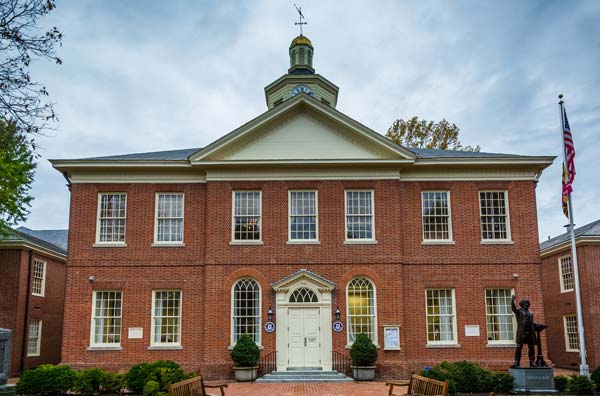Young, single individuals in Maryland might not consider setting up their estate plans until they’re older. But the truth is, setting up an estate plan is important at any age – and almost doubly so when you’re single.
If you’re not married with children, all of your assets can get tied up in probate court or even sold by the state. There will also be more questions regarding end-of-life care and power of attorney – none of which can be answered without a will.
Start simple, go from there
There are a lot of things to think about when you’re creating your estate plan for the first time. The first thing to do is simple and rather straightforward: create a will.
After you die, all of your belongings will go through probate. If you don’t have, at a minimum, a will that outlines where your assets will go, odds are your loved ones will have a hard time obtaining them after you’re gone.
You’ll want to review all your assets and financial accounts to decide who should get what if you die tomorrow. You also want to ensure beneficiaries are listed on all relevant accounts, such as retirement or life insurance policies.
Choosing your personal rep
Every estate plan will list a person who should handle things after you pass. This person will be the one to handle all of your financial matters and carry out whatever you listed in the will.
The probate court will normally appoint one if it’s not listed in an estate plan, starting with the next of kin and going from there. If you don’t have next of kin, though, it can get complicated.
The person you choose should be able to handle finances and have a strong sense of responsibility. If you don’t have family, you can list a close friend to act in this role. If nothing else, companies always offer this as a service.
These are just some of the things you’ll have to consider as you create your estate plan. It can be overwhelming, but starting estate planning sooner rather than later – and updating your plan frequently – is the best thing you can do for your loved ones.

